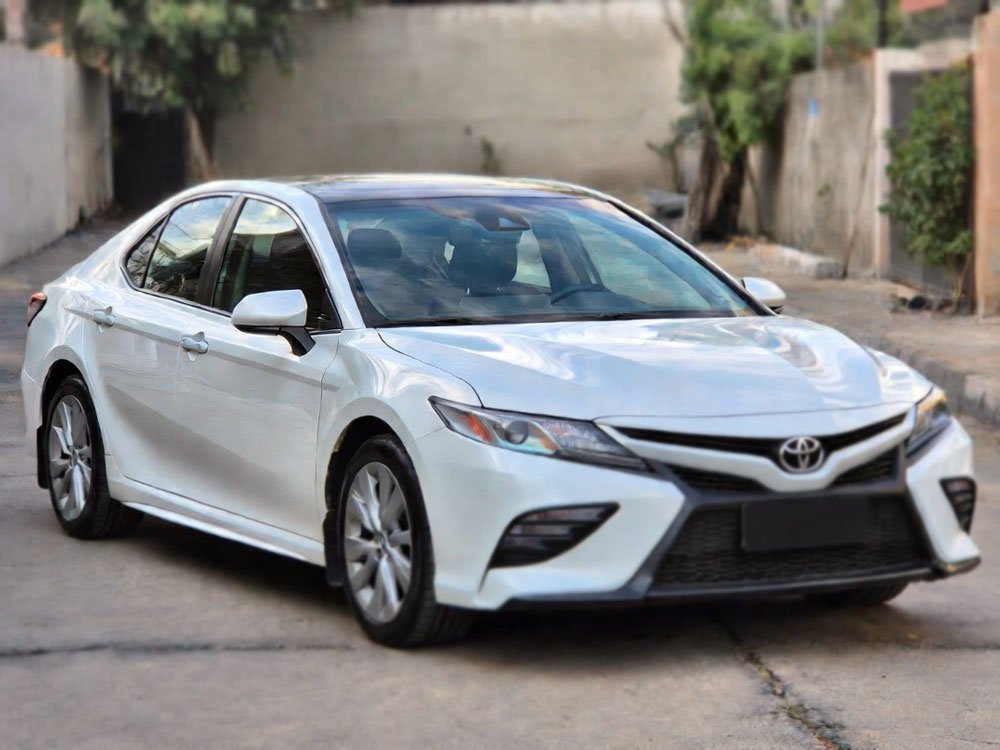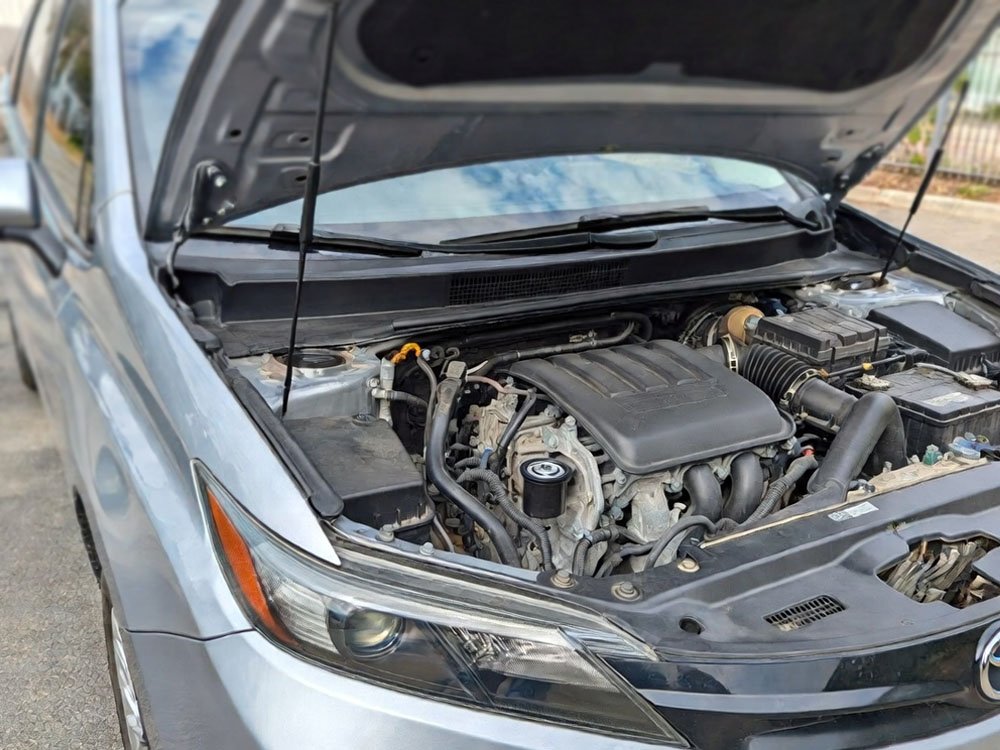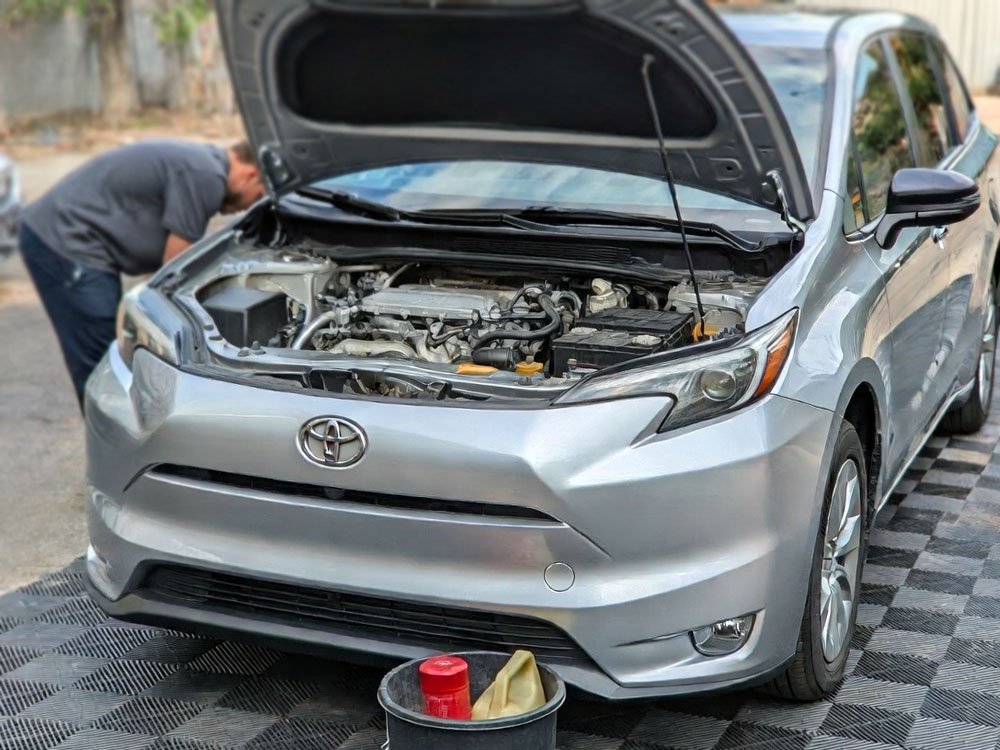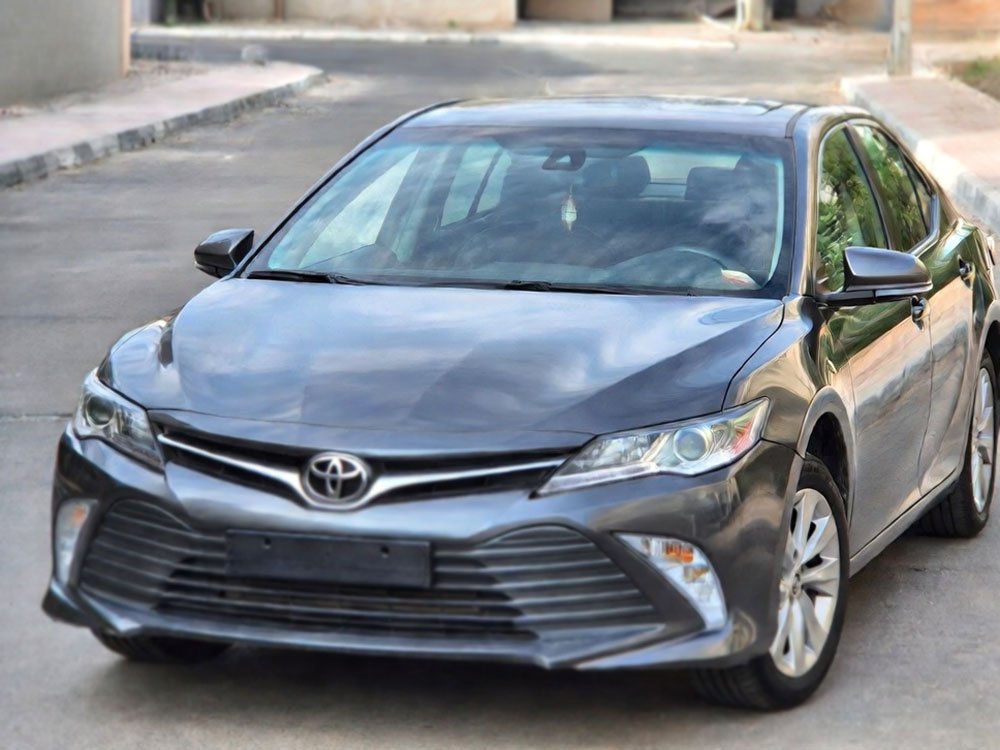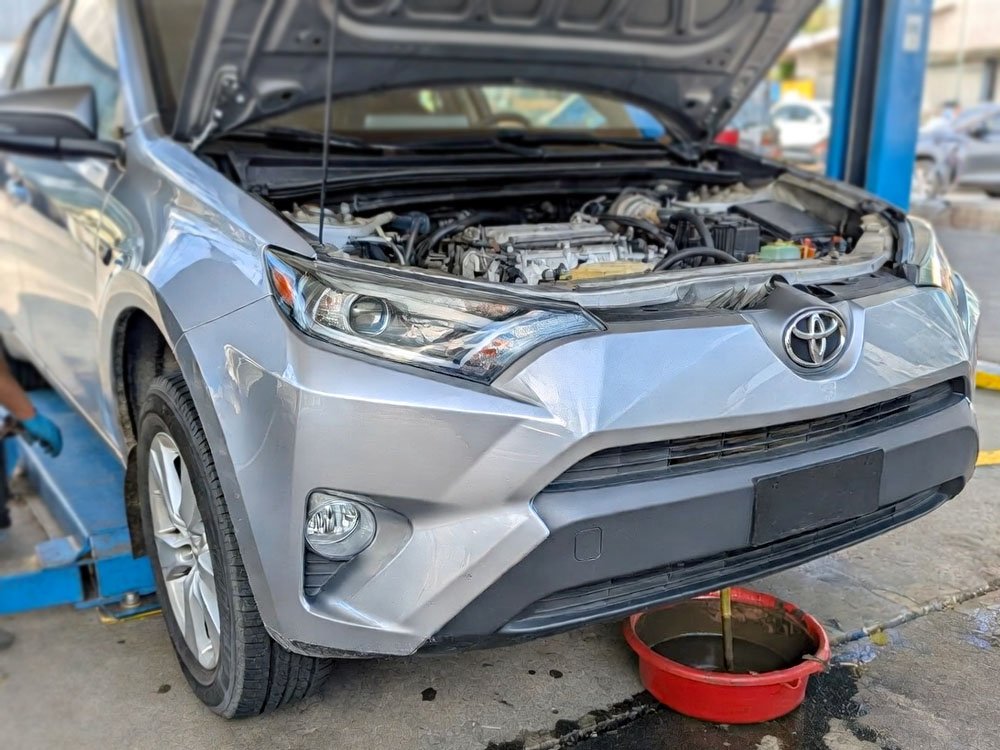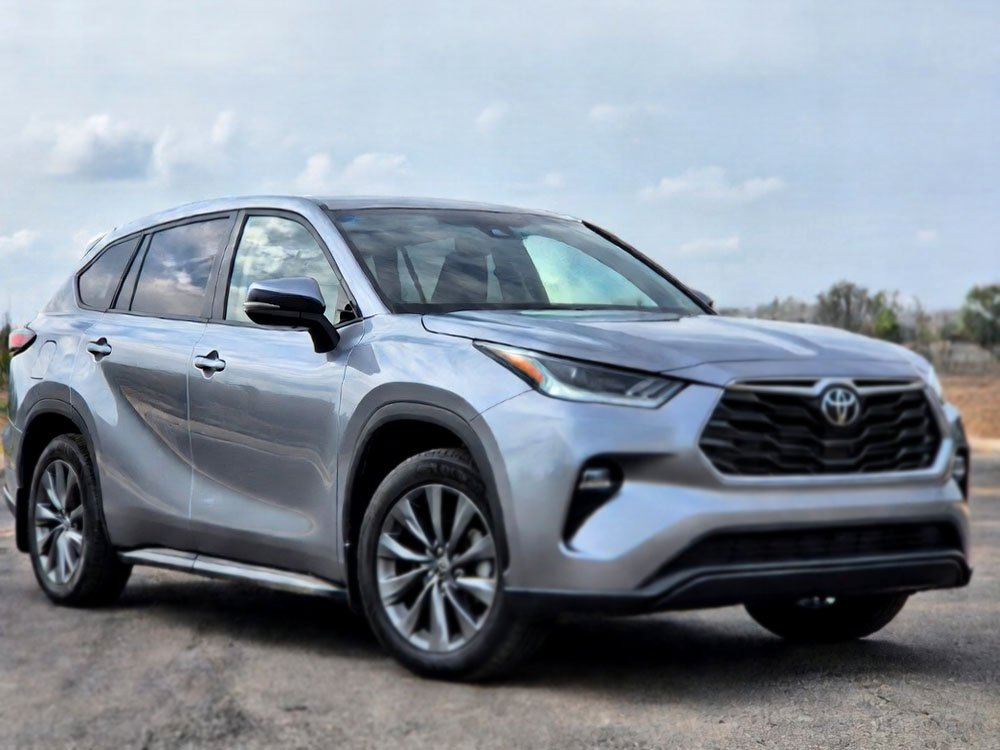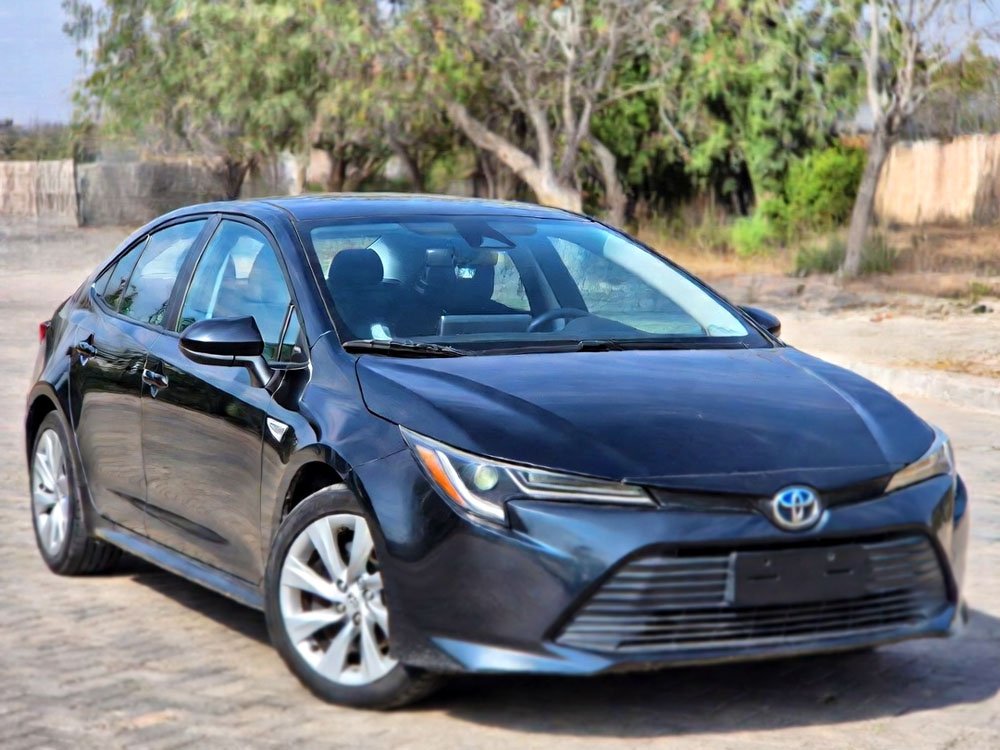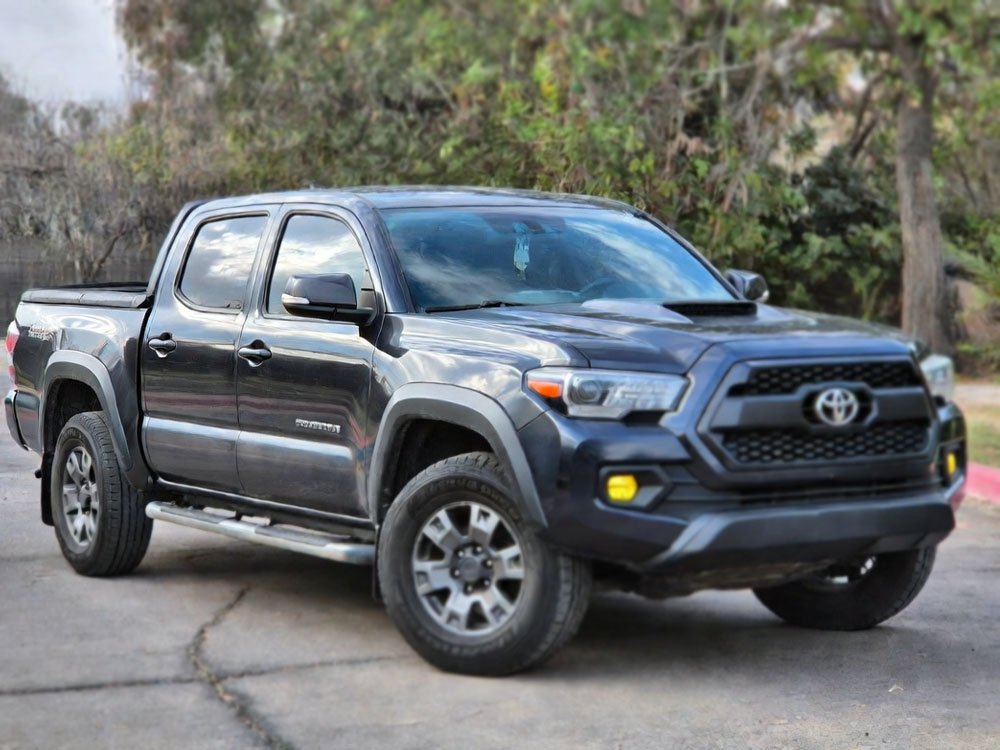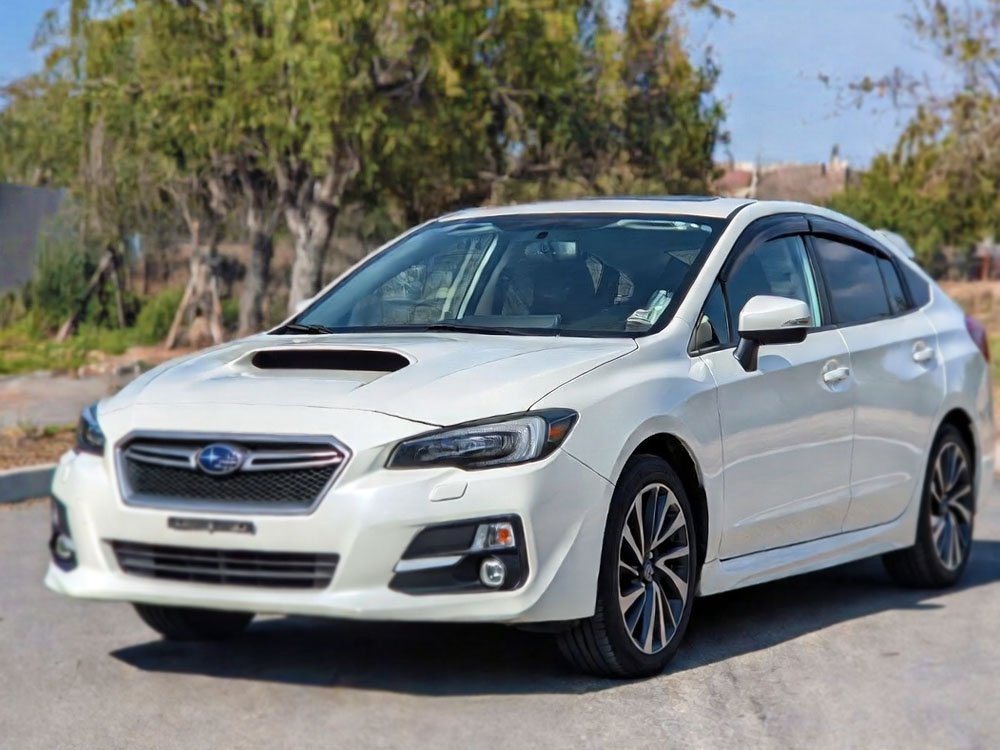As an Amazon Associate, I earn from qualifying purchases at no extra cost to you.
How Long Does It Take to Charge an Electric Car Battery? Expert Guide
You might wonder, “How long does it take to charge an electric car battery?” If you have ever owned or used an electric vehicle (EV), you know charging time can be a big question. You want to get on the road quickly, but charging your car isn't always instant. The good news is, the time it takes depends on many things like the charger type, battery size, and how empty the battery is. Charging can take from 30 minutes to over 24 hours. Let me walk you through all the details so you understand exactly what to expect.
Understanding Different Types of Chargers
Charging an electric car depends a lot on the charger you use. There are three main types of chargers: Level 1, Level 2, and DC Fast Chargers. Level 1 chargers use a normal home outlet, like the one you use for your phone. This type is the slowest and can take up to 24 hours or more to fully charge a big battery. It is good if you drive only a little each day and can leave the car charging overnight.
Level 2 chargers are faster and often found at homes, workplaces, and public places. They use a special plug and can charge a battery in about 4 to 8 hours. This makes them perfect for daily charging because you can plug in your car while working or sleeping and get a full battery the next day.
DC Fast Chargers are the quickest and found mostly at public charging stations. These chargers can give you 80% charge in about 30 minutes to an hour. But they are not used at home because they need special equipment and more power. They are great when you need to charge fast on a trip.
The type of charger you choose will decide how long you wait to get your battery full. Also, your car might support only certain types, so it is important to check what kind of charger works with your vehicle.
- Level 1 uses a normal home plug, charging takes 12-24+ hours
- Level 2 uses special home or public chargers, charging takes 4-8 hours
- DC Fast Chargers charge 80% in about 30 minutes to 1 hour
- Type of charger greatly affects charging time
- Your car's charging capability matters
How Battery Size Affects Charging Time
Electric car batteries come in many sizes. The size is usually measured in kilowatt-hours (kWh). Bigger batteries hold more power and let you drive farther, but they also take longer to charge. For example, a small battery of 30 kWh might take 4 hours to charge with a Level 2 charger. A bigger battery of 100 kWh could need 8 hours or more with the same charger.
The bigger the battery, the longer you wait. But the good thing is, many fast chargers don't fill the battery fully. They quickly charge the battery up to 80%, which usually gives you enough driving range before slowing down to protect the battery.
Knowing your car's battery size helps you plan your charging time better. If you have a long drive, you might need to stop longer to recharge a bigger battery. Or if you only drive short distances, a smaller battery that charges quickly might be best.
- Battery size is measured in kWh
- Bigger batteries hold more power but take longer to charge
- Small battery (around 30 kWh) charges faster than big (around 100 kWh)
- Fast chargers usually fill up to 80% quickly, then slow down
- Battery size helps you estimate charging time and plan trips
How State of Charge Changes Charging Time
The state of charge (SOC) means how full your battery is before you start charging. If your battery is almost empty, it will take longer to charge than if it is half full. But charging time is not always the same speed from empty to full.
When the battery is low, chargers can add power faster. But as the battery gets close to full, the charging speed slows down. This is done to keep the battery healthy and safe. So, charging from 0% to 80% is much faster than going from 80% to 100%.
Because of this, many drivers prefer to charge only up to 80% when they need a quick boost. This can save a lot of time because the last 20% can take as long as the first 80%.
- State of charge (SOC) means how full battery is
- Empty battery takes longer to charge than a partly full one
- Charging is faster from low to 80% SOC
- Charging slows down from 80% to 100% to protect battery
- Many charge only up to 80% to save time
How Temperature Affects Charging Speed
Temperature is an important factor many people don't think about. Batteries work best in warm conditions. When it is very cold or very hot, charging slows down. Cold weather makes the battery harder to charge because the chemicals inside don't work as well. Many cars try to warm the battery before charging, but this takes extra time.
In hot weather, batteries can overheat. To keep the battery safe, charging speed is reduced. Some cars have cooling systems to help with this, but still, charging may take longer than usual.
If you live in a place with very cold or hot weather, you might notice your car charges slower than you expect. That is normal and helps keep your battery healthy for a longer time.
- Batteries charge best in warm weather
- Cold weather slows charging because battery chemicals work slower
- Cars may warm the battery before charging, which adds time
- Hot weather can cause slower charging to avoid overheating
- Temperature affects charging speed and battery health
What Role Does Charger Power Level Play?
Chargers come with different power levels measured in kilowatts (kW). The power level shows how much electricity the charger can send to the battery every hour. The higher the power, the faster the charging.
Home Level 1 chargers usually offer 1.4 kW to 1.9 kW, which is very slow. Level 2 chargers at home or public places usually offer 3.7 kW to 22 kW. The most common ones are around 7 kW or 11 kW. A 7 kW charger will fill a 70 kWh battery in about 10 hours, while an 11 kW charger can do it faster.
DC Fast Chargers can offer 50 kW, 100 kW, or even more than 250 kW in the newest stations. This means charging happens very fast. For example, a 150 kW charger can add 200 km of range in about 15 minutes in some cars.
You should check what power your car's charging system can handle. Even if a charger is very powerful, your car might only accept a lower power level. This limits how fast your battery can fill.
- Charger power level is measured in kW
- Higher power means faster charging
- Level 1 chargers have about 1.4-1.9 kW, very slow
- Level 2 chargers range from 3.7 kW to 22 kW, common is 7-11 kW
- DC Fast Chargers can offer 50 kW to 250+ kW for quick charging
- Your car limits the max charging power it can accept
How Your Driving Habits Influence Charging Needs
How you drive and use your car changes how often and how long you need to charge. If you drive short distances every day, you might only need to charge a little overnight with a Level 1 or Level 2 charger. Your battery won't get too low, so charging time stays short.
If you take long trips or drive many kilometers daily, you will need faster chargers or longer charging times. On road trips, DC Fast Chargers are very useful because they let you recharge quickly and get back on the road.
Your driving style also matters. If you drive fast or often use the air conditioning, you use more battery power. This means you need to charge more often. Planning your trips and charging stops helps avoid surprises.
Also, some people like to keep their battery charge between 20% and 80% to keep the battery healthy. This means more frequent but shorter charging sessions.
- Driving short distances means less charging time
- Long trips require faster chargers or longer charging stops
- Fast driving or using AC uses more battery power
- Planning trips helps manage charging time
- Keeping battery charge between 20%-80% keeps battery healthy
Final Thoughts
Charging an electric car battery can take from 30 minutes to over 24 hours, depending on many things. The charger type, battery size, how empty the battery is, weather, charger power, and your driving habits all affect the time. Knowing these factors helps you plan your charging better and avoid waiting too long. Electric cars may need some patience, but with the right charger and habits, charging fits easily into daily life. You get clean driving with good planning and the right tools.
Frequently Asked Questions (FAQs)
Is it safe to charge my electric car overnight?
Yes, it is safe to charge your electric car overnight. Modern electric cars and chargers have smart systems that control the charging process. They stop charging automatically when the battery is full. Charging overnight on a Level 1 or Level 2 charger is common and convenient. It lets you start your day with a full battery without worrying. Just make sure to use chargers and cables recommended by the car maker to keep everything safe.
Can I use a regular home outlet to charge my electric car?
Yes, you can use a regular home outlet to charge your electric car. This is called Level 1 charging. It uses a standard 120-volt outlet and works with most electric cars. But it charges very slowly, often taking 12 to 24 hours for a full charge. It is best for people who drive short distances and can leave the car charging overnight. If you want faster charging, you might need to install a Level 2 charger at home.
Do I need to wait for my battery to get very low before charging?
No, you don't need to wait for your battery to get very low before charging. In fact, charging the battery often and keeping it between 20% and 80% helps keep the battery healthy. Waiting until the battery is almost empty can cause more wear over time. Regular charging keeps your car ready to go and protects the battery life.
Is it true that fast charging can damage the battery?
Fast charging does put more stress on the battery than slow charging, but modern batteries are designed to handle it safely. Using DC Fast Chargers occasionally won't harm your battery much. However, using fast charging all the time might reduce the battery's lifespan a bit faster. It's good to mix fast charging with regular slower charging to keep the battery healthy longer.
Can cold weather really slow down charging?
Yes, cold weather can slow down charging significantly. Batteries do not work as efficiently in the cold. Many electric cars have systems to warm the battery before charging, but this adds extra time. You might notice slower charging times in winter. This is normal and helps keep your battery safe and healthy.
Do I need special equipment to install a Level 2 charger at home?
Yes, installing a Level 2 charger at home usually requires special equipment and a professional electrician. These chargers use 240 volts, like a dryer or oven plug, and need correct wiring and safety checks. The good news is that Level 2 chargers charge much faster than normal outlets. Many people find it worth the cost to have quicker charging every day.
Is it better to charge my battery to 100% every time?
No, it is generally better not to charge your battery to 100% every time. Charging to full can stress the battery and reduce its lifespan if done often. Most experts suggest charging up to 80% for daily use and only charging to 100% when you need the full range for a long trip.
Can I charge my electric car anywhere?
You can charge your electric car at many places, but not literally everywhere. Charging stations are growing fast, especially in cities and on highways. You can charge at home, work, shopping centers, and public stations. However, some places might not have chargers, so planning your trip and charging stops is important to avoid running out of power.



